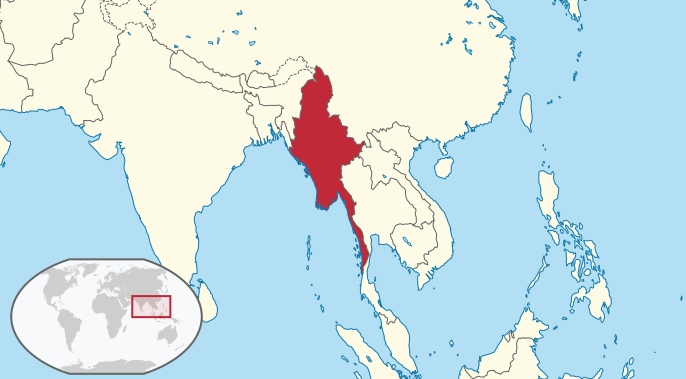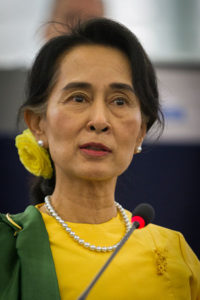Myanmar versus Burma: what’s the difference?
AI Overview
Summary is AI-generated, newsroom-reviewed.
Burma and Myanmar refer to the same country, with the name change reflecting a desire to distance from historical violence, particularly during the 8888 Uprising. The ongoing conflicts, especially involving the Rohingya and other ethnic minorities, have led to significant humanitarian crises and criticism of the government, including Aung San Suu Kyi's controversial handling of these issues.
Key points from this article:
- The government of Myanmar has faced ongoing conflicts since World War II, including the longest civil war in modern history.
- How the Rohingya crisis has driven thousands of refugees into Bangladesh, exacerbating humanitarian issues in the region.
- Why the name change from Burma to Myanmar is significant, as many locals still prefer 'Burma' due to the negative associations with the current regime.

Burma and Myanmar are often referred to together, words used interchangeably to describe what sounds like the same country. And that’s just it–it is the same country. So why the two names? The government of Myanmar is known for the ongoing conflicts within its borders, dating all the way back to World War II. It […]

What readers are saying
Generating a quick summary of the conversation...
This summary is AI-generated. AI can make mistakes and this summary is not a replacement for reading the comments.










COMMENTS